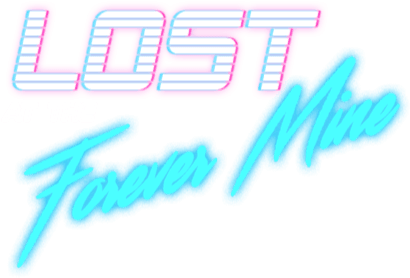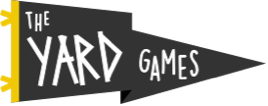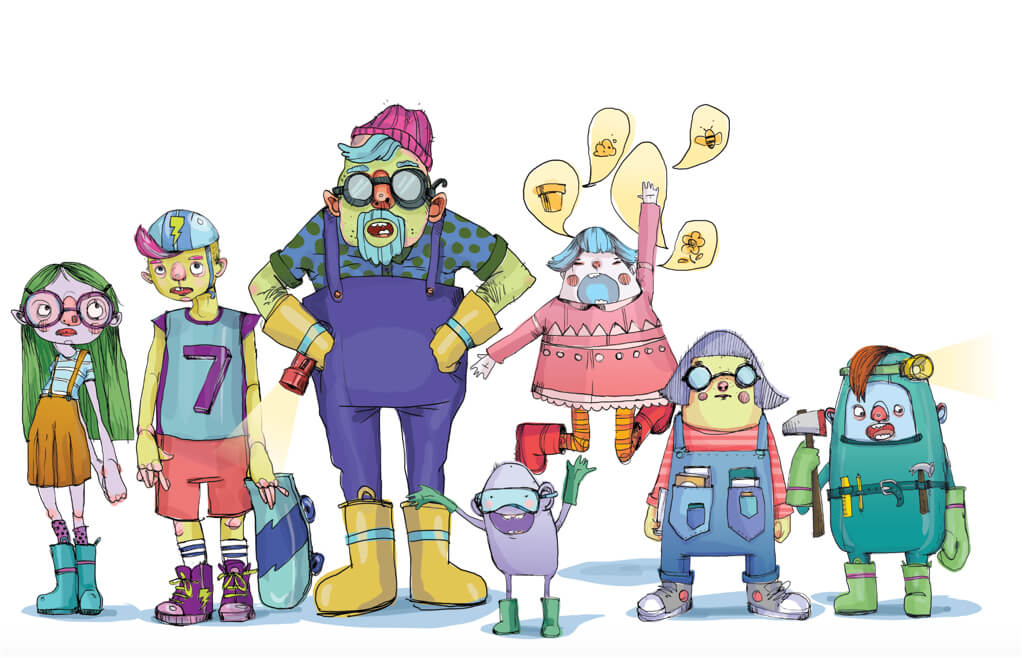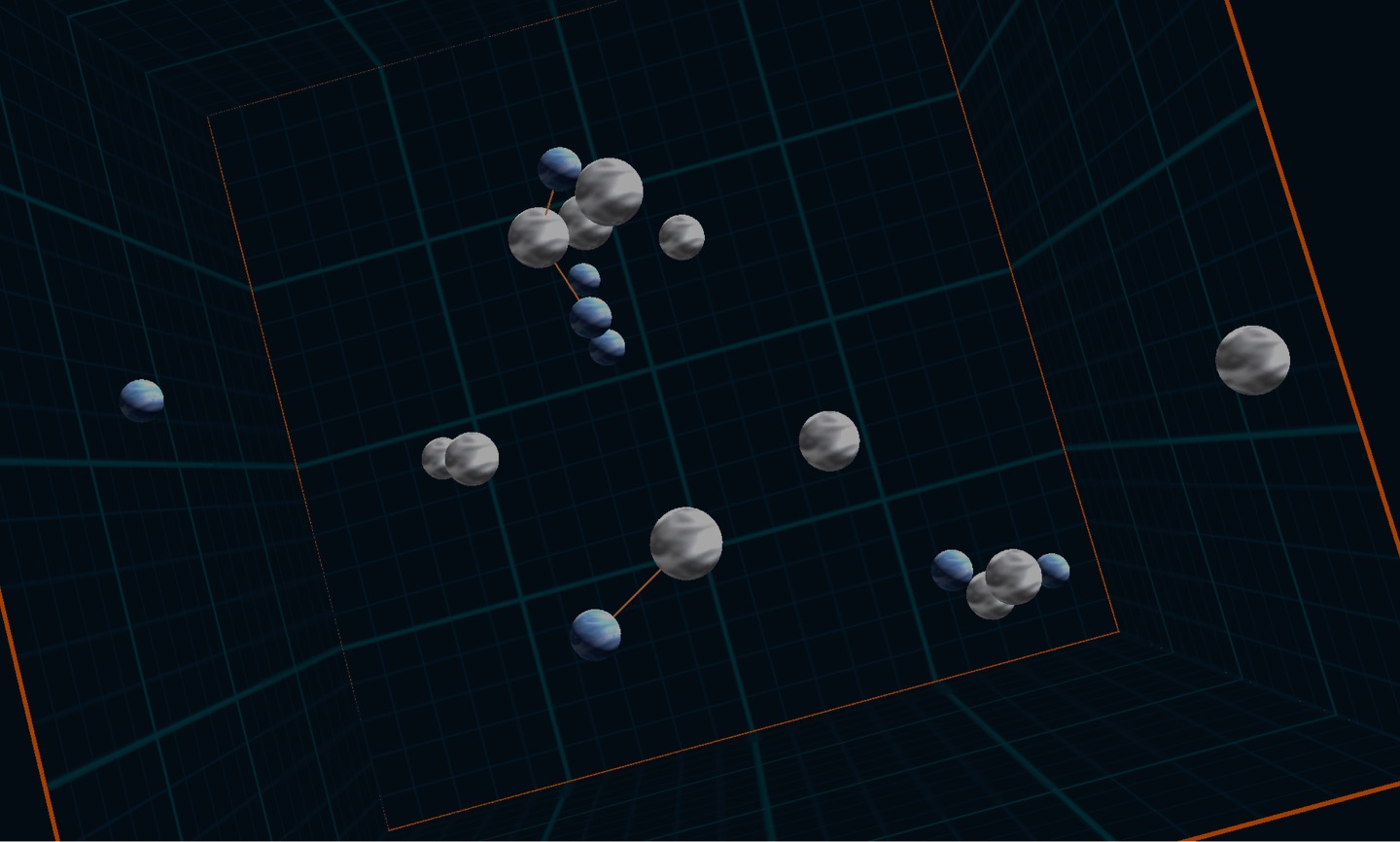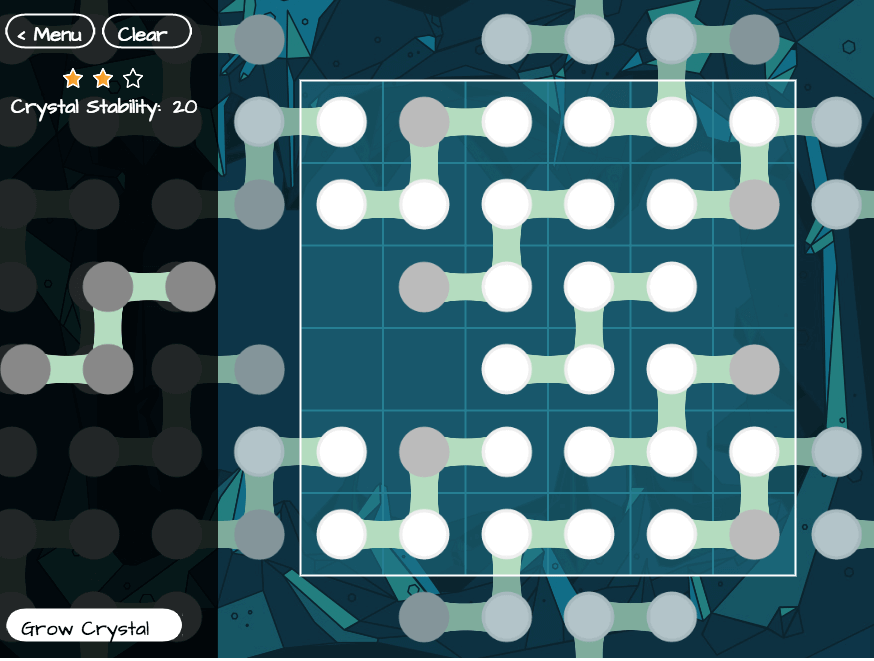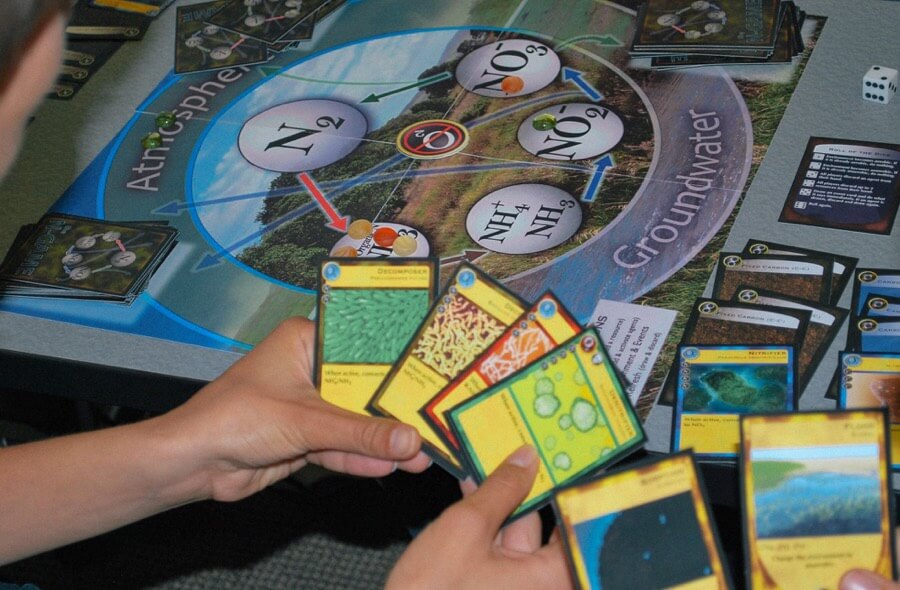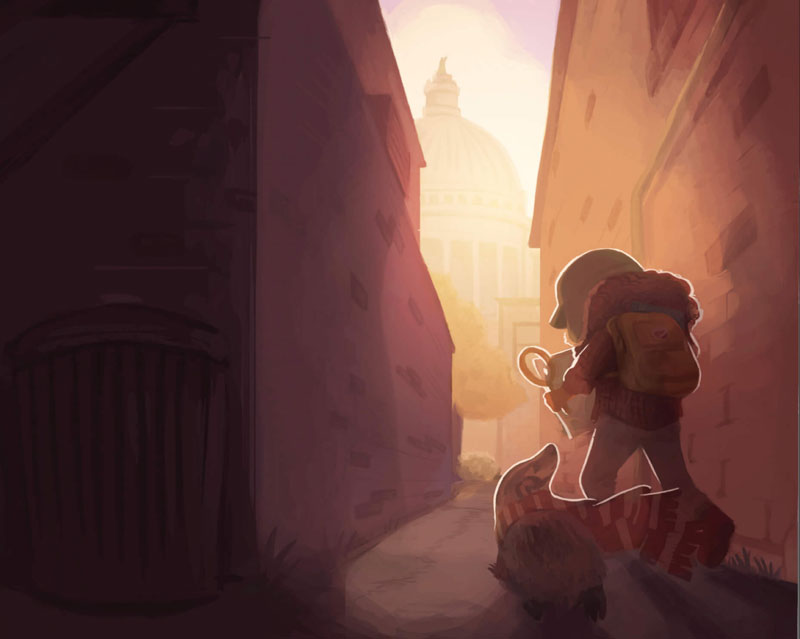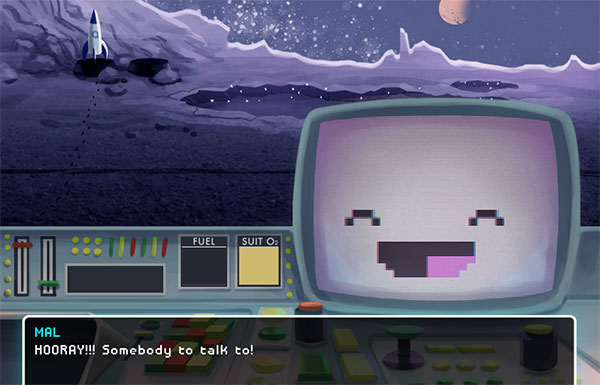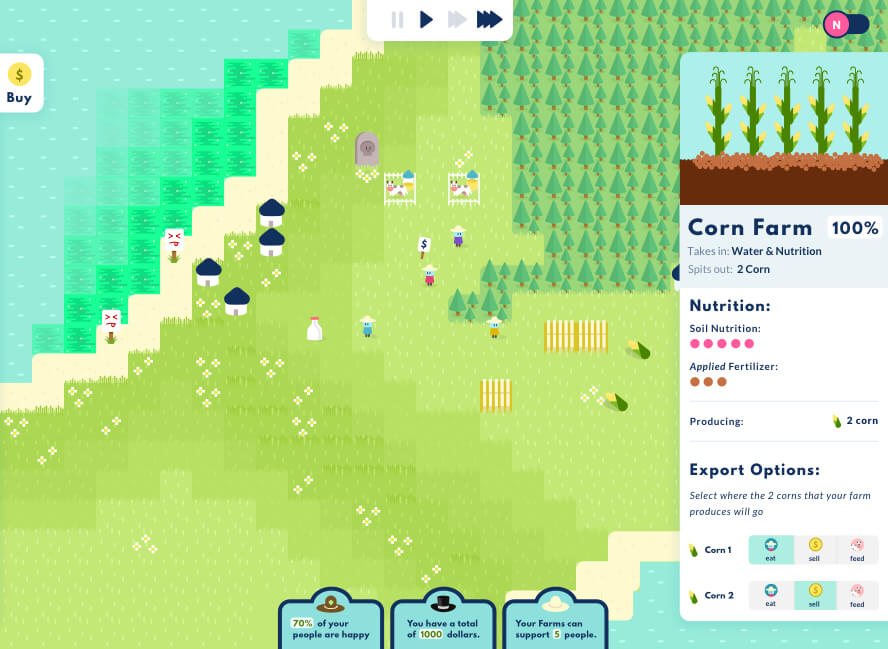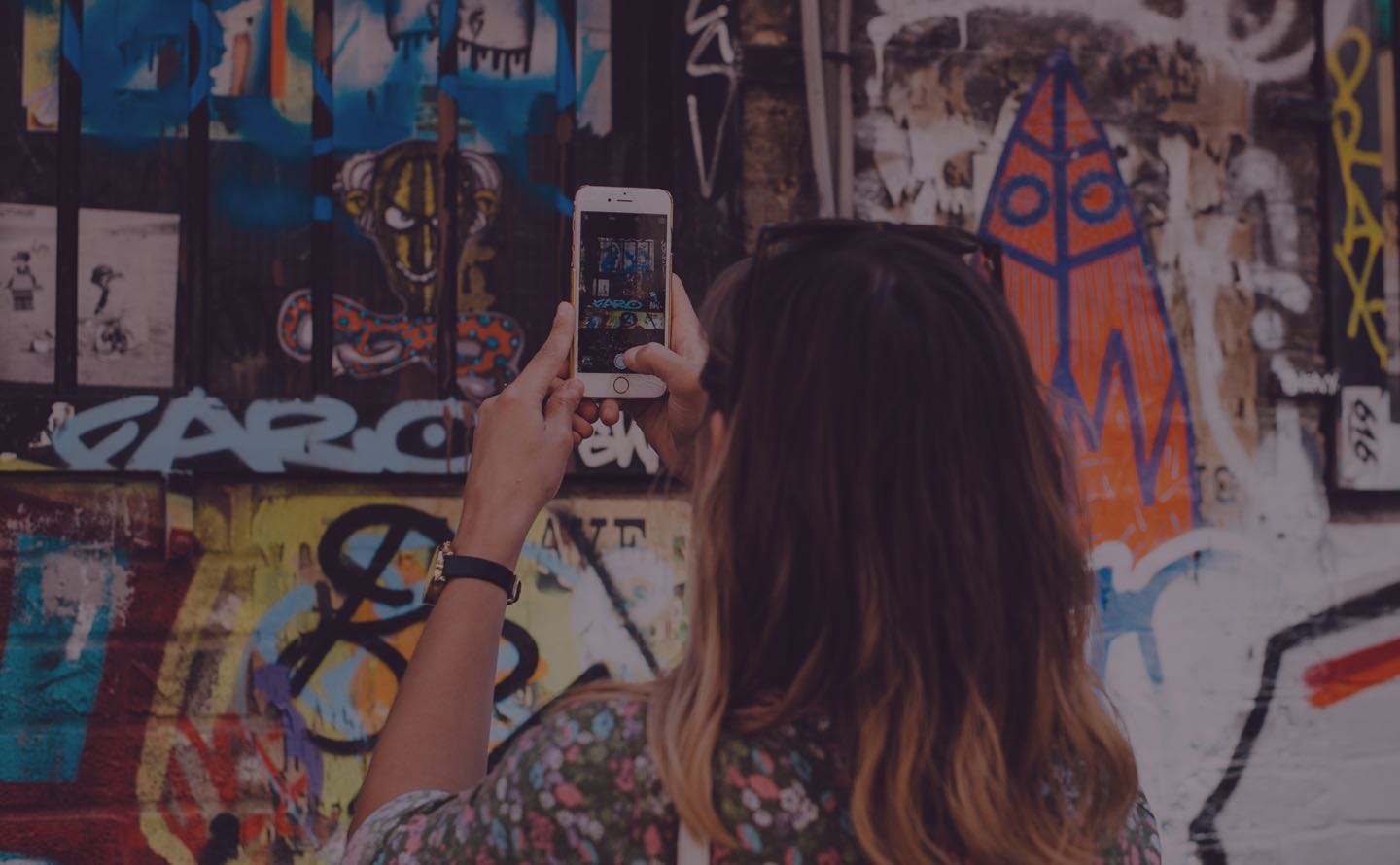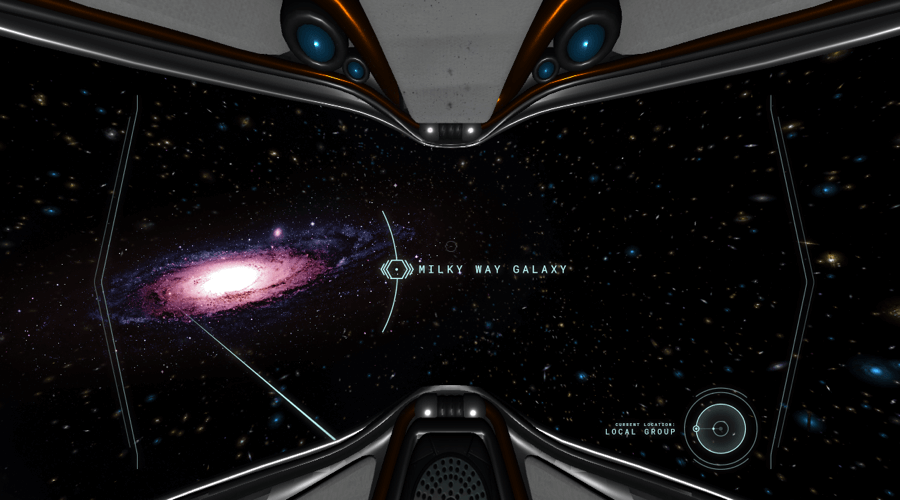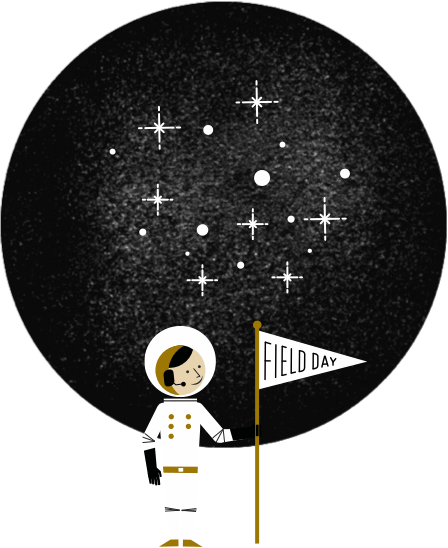Research
We use educational data mining and iterative, participatory design to understand how people learn with games. We use our findings to build theory and design effective interventions.

Our Approach
At Field Day, we research games to understand how people learn and how we can design more effective games. We believe games are powerful tools for learning, but we need more detailed insight into exactly why and how. (Inspired by the theoretical argument for games described by Jim Gee and Kurt Squire’s work, our call to action is epitomized in Clark, Tanner-Smith, and Killingsworth’s 2016 empirical metastudy.)
As a design studio and research lab, Field Day is uniquely positioned to leverage the broad user base of our games to perform original research around these questions. We’re able to put specific design features under the microscope during development, when there are opportunities to change course. Once in production, we use our games as instruments into the minds of our players, developing new theories of thinking and learning. We study both desktop games and mixed reality experiences.
What’s unique about our research method?
Massive data sets:
Traditional methods of educational research produce data much more slowly than what we can collect through our learning games. Because our games are online and reach large audiences, they generate millions of data points daily. This allows us to test hypotheses over much shorter time periods. We adapt methods such as A/B testing to function as randomized control trials for research. Instead of optimizing on designs that generate profit, we validate the effectiveness of our learning experiences to improve learning outcomes, all in a period of days to weeks.
We've build a significant new infrastructure to make this all happen. We call it Open Game Data. We are sharing all our data and analysis, creating reuable tools, and inviting others to join in.
Embedded assessments:
We build learning instruments into our games. Specifically, we use evidence-centered design (see Mislevy) and stealth assessments (see Shute) so that player interactions in the game systems can be seen as salient problem-solving choices and activities within an authentic context. Over time, we’re able to use educational data mining approaches (see Baker) to predict and describe our players and their learning in novel ways.
Augmented Reality
Augmented Reality and Interactive Storytelling (ARIS) (2008-).
Combined funding from MacArthur Foundation (PI Squire,K.), ENGAGE, New Learning Institute, Pearson Foundation, Library of Congress Teaching with Primary Sources (PI Brown, L.), Minnesota Historical Society, Covenant Foundation (PIr Gottlieb, O.), SITIAC Fund, UW Children’s Hospital, NSF and WI department of public instruction. An open source mobile AR experience design platform used by over 100,000 researchers, designers and learners worldwide.
ARISE (2010-2018).
Department of Labor. $1.3M. Wisconsin Technical College System (WTCS). Develop 150 Augmented Reality simulated learning experiences for use by students in various health care disciplines including Nursing, Respiratory Therapy, Medical Assistant, and EMT-Paramedic across 26 nursing colleges in Wisconsin.
Play the Past (2010-2018).
Mixed funding including NEH, MN Legacy Fund and Best Buy. $4M. PI J. Sly & W. Jones. Design a mixed-reality mobile game to enhance the 21st century field trip experience and connect that experience back to the classroom.
Sustainable U (2015).
University of Wisconsin Office of Sustainability. $48,554. PIs Gagnon, D, Middlecamp, C., Lupton, C. Design a locative mobile game that engages new audiences to sustainability topics.
Citizen Science & Digital Field Work
SIFTR (2013-).
Project Director. Combined funding provided by University of Wisconsin Year of Innovation Committee, WI Department of Public Instruction, Library of Congress Teaching with Primary Sources (PI Brown, L.), Reilly Baldwin Wisconsin Idea Endowment. An open source field work and citizen science platform used by over 25,000 users worldwide.
WI Flora Citizen Science and Database (2016-).
Reilly Baldwin Wisconsin Idea Endowment. PIs Gagnon, D. & Woodward, C. $130,000. Develop a new platform for identifying and recording observations, training educators and researching outcomes of participation.
Mobile Field Research Platform (2014).
University of Wisconsin Education Innovation Award. $63,120. PIs Gagnon, D, Middlecamp. Design and produce a suite of tools that support the distributed creation of mobile field guides, citizen science and citizen ethnography projects.
WeBIRD(2013).
University of Wisconsin Mobile Learning Incubator. PIs Gagnon, D. & Berres, M. $30,000. Collaboration with Ornithology Department through Mobile Learning Incubator. A pilot to research the affordances and results of adding specific game mechanics to a field research mobile app.
Nomen (2012).
University of Wisconsin Mobile Learning Incubator. PIs Gagnon, D. & McGee, S.. $30,000. Develop a mobile utility for identifying prairie grasses flowers, a research study into the efficiency and accuracy of digital application in comparison to traditional dichotomous keys.
Wisconsin Key to Woody Plants (2011). Wisconsin Environmental Education Board (WEEB). PI Woodward, C. $12,000. Develop a mobile application for identifying trees shrubs and vines.
Learning Games & Virtual Reality
Jo Wilder and the Capitol Case (2018).
Combined funding from Wisconsin Department of Public Instruction, Friends of Wisconsin Public Television and Wisconsin Center for Education Research. PI Gagnon, D. $64,264. Develop a game to playfully introduce practices of historical inquiry.
Material Research Science and Engineering Center Education Outreach Games (2016-).
NSF MRSEC. PI Abbott, N. $176,000 out of $15.6M total budget. Produce digital video games for public engagement of material science research.
Polar Virtual Reality Exhibit (2017-2018).
NSF AISL. PI Ponto, K. $359,799. Develop a joint Virtual Reality and Multi Touch tabletop interactive for informal science learning about the IceCube observatory and astrophysics research.
The Yard Games (2015-2016).
WI Virtual Schools. PI Gagnon, D. $250,000. Develop a series of simulation games to teach complex science topics, grades 5-8.
AtomTouch (2015).
NSF MRSEC SEED. PIs Morgan, D. Gillian Daniels, AL. & Gagnon, D. $60,000. Develop an educational 3d touchscreen app to simulate molecular dynamics properties at an atomic scale.
The FIRM (2014).
University of Wisconsin School of Business. PI Gagnon, D. $7,000. Produce a game prototype to teach international currency trading strategies.
Thermo-Golf (2011-2014).
NSF TUES. PI Pfotenhauer, J. $199,000. Develop a game to teach introductory thermodynamics, study the effects of game aesthetics on player engagement and develop methods of real-time assessment based on player logs.
The N Game (2010).
ENGAGE. PI Balser, T. $50,000. Design and produce a card game to teach the nitrogen cycle.
Harmony Mixer (2010).
ENGAGE. PI Henke, J. $37,000. Develop a game to teach introductory music theory.
Cool-It (2008).
ENGAGE. $142,000. PI Pfotenhauer, J. Develop a digital simulation game to teach cryogenics as well as a method for assessing player competencies from in-game activity.
Professional Development & Youth Digital Media Production
AR Girls (2017-).
NSF ITEST. PI Stylinski, C. $1M. Research the impact of developing AR experiences on young women's interest in ICT careers, self-efficacy for doing science or becoming a lifelong learner in science, and perspectives on what constitutes doing science research.
Rally Wisconsin (2014-).
WI Department of Public Instruction. PI Gagnon, D. $998,000. Promote and support the use of games and making statewide through educator engagement and digital content production.
University of Wisconsin Mobile Learning Incubator (2010-2013).
University of Wisconsin SITIAC Fund. PI Gagnon, D. $302,980. Explore the affordances of mobile media in higher education teaching and learning.
Designing Wisconsin Experiences (2014).
Collaboration with UW Madison English department through Mobile Learning Incubator. Develop a design facilitation approach for student designed mobile experiences, research the ways in which learners make meaning through re-representation using digital media.
Learning History and Culture through Designing Mobile Games (2013).
Collaboration with UW Madison English department through Mobile Learning Incubator. Develop a design facilitation approach for student designed mobile experiences.
Designing for Digital Literacy (2013).
Collaboration with UW Madison Curriculum and Instruction, UW Engage Situated Learning award. Develop a design facilitation approach for student designed mobile experiences in effort to increase digital literacy.
Written by Field Day Lab Staff
Gagnon, D., Swanson, L. (2023). Open Game Data: A Technical Infrastructure for Open Science with Educational Games. In: Haahr, M., Rojas-Salazar, A., Göbel, S. (eds) Serious Games. JCSG 2023. Lecture Notes in Computer Science, vol 14309. Springer, Cham. https://doi.org/10.1007/978-3-031-44751-8_1
Gagnon, D.J., Ponto, K., Verbeke, M., Nathan, M., Kopp, K., Tredinnick, R. (2023). Waddle: Developing Empathy for Adélie Penguins By Direct Embodiment in Virtual Reality. In: Haahr, M., Rojas-Salazar, A., Göbel, S. (eds) Serious Games. JCSG 2023. Lecture Notes in Computer Science, vol 14309. Springer, Cham. https://doi.org/10.1007/978-3-031-44751-8_17
Ponto, K., Tredinnick, R., Verbeke, M., Kopp, K., Swanson, L., Gagnon, D. (2023). Waddle: using virtual penguin embodiment as a vehicle for empathy and informal learning. In 29th ACM Symposium on Virtual Reality Software and Technology (VRST 2023), October 09--11, 2023, Christchurch, New Zealand. ACM, New York, NY, USA 2 Pages. https://doi.org/10.1145/3611659.3617211
Harpstead, E., Gagnon, D., Seif El-Nasr, M., Swanson, L. (2023). Using Open Game Data to Understand Game-Based Learning. CHI PLAY Companion '23: Companion Proceedings of the Annual Symposium on Computer-Human Interaction in Play. https://doi.org/10.1145/3573382.3616028
Harpstead, E., Gagnon, D., Seif El-Nasr, M., Swanson, L. (2023). Using Open Game Data to Understand Game-Based Learning. CHI PLAY Companion '23: Companion Proceedings of the Annual Symposium on Computer-Human Interaction in Play. https://doi.org/10.1145/3573382.3616028
Metcalf, S.,M., Gagnon, D., Slater, S. (2023). Shifts in Student Attitudes and Beliefs about Science Through Extended Play in an Immersive Science Game. 2023 9th International Conference of the Immersive Learning Network (iLRN). San Luis Obispo, USA.
Kim, Y.J., Metcalf, S.,M., Scianna, J., & Gagnon, D. (2022). Aqualab: Establishing Validity of an Adventure Game for Middle School Science Practices. Proceedings of the 30th International Conference on Computers in Education. Kuala Lumpur, Malaysia.
Slater, S., Baker, R.S., Gagnon, D.J., Harpstead, E., Andres, J. & Swanson, L. (2022). Changing Students’ Perceptions of a History Exploration Game Using Different Scripts. Proceedings of the 30th International Conference on Computers in Education. Kuala Lumpur, Malaysia.
Swanson, L., Gagnon, D.J., & Scianna, J. (2022). A Pilot Study on Teacher-Facing Real-Time Classroom Game Dashboards. International Conference on Meaningful Play, East Lansing, MI. https://doi.org/10.48550/arXiv.2210.09427
Wardrip, P., Gagnon, D., Mathews, J., & Scianna, J. (2022). Jo Wilder and the Capitol Case: A taxonomy of uses for a historical inquiry game in 4th grade Classrooms in Wisconsin. Meaningful Play, East Lansing, MI. https://doi.org/10.48550/arXiv.2210.09433
Gagnon, D., Baker, R., Gagnon, S., Swanson, L., Spevecek, N., Andres, J., Harpstead, E., Scianna, J., Slater, S., & San Pedro, Maria O.C.Z.. (2022). Exploring players’ experience of humor and snark in a grade 3-6 history practices game. GLS 13.0 Conference Proceedings. Games, Learning, Society, Irvine, CA. https://doi.org/10.48550/arXiv.2210.09906
Swanson, L., Gagnon, D., Scianna, J., Mccloskey, J., Spevecek, E., Slater, S. & Harpsted, E. (2022). Leveraging Cluster Analysis to Understand Educational Game Player Styles and Support Design. GLS 13.0 Conference Proceedings. Games, Learning, Society, Irvine, CA. https://doi.org/10.48550/arXiv.2210.09911
Davis, C.M., Kamarainen, A., Storksdieck, M., Gagnon, D., Kermish-Allen, R., Riedinger, K. (2021) Using Design of Location-Based Augmented Reality Experiences to Engage Art-Oriented Girls in Technology and Science. Front. Educ. 6:689512. https://doi.org/10.3389/feduc.2021.689512
Pfotenhauer, J. M., & Gagnon, D. J. (2021), ThermoVR: A Virtual Laboratory to Enhance Learning in Undergraduate Thermodynamics. Paper presented at 2021 ASEE Virtual Annual Conference Content Access, Virtual Conference. https://peer.asee.org/37908
Metcalf, S. J., Sommi, A., Haddadin, S., Scianna, J., Gagnon, D. (2021). Work-in-Progress–—Game Design Informed by Learning Progressions for Science Practices. 2021 7th International Conference of the Immersive Learning Research Network (iLRN). 1-3. doi: 10.23919/iLRN52045.2021.9459406.
Scianna J., Gagnon D., Knowles B. (2021) Counting the Game: Visualizing Changes in Play by Incorporating Game Events. In: Ruis A.R., Lee S.B. (eds) Advances in Quantitative Ethnography. ICQE 2021. Communications in Computer and Information Science, vol 1312. Springer, Cham. https://doi.org/10.1007/978-3-030-67788-6_15
Tredinnick, R., Cors, R., Madsen, J., Gagnon, D., Bravo-Gallart, S., Sprecher, B., & Ponto, K. (2020). Exploring the Universe from Antarctica—An Informal STEM Polar Research Exhibit. Journal of STEM Outreach, 1–13.https://doi.org/10.15695/jstem/v3i1.03
Gagnon, D. J., Harpstead, E., & Slater, S. (2019). Comparison of Off the Shelf Data Mining Methodologies in Educational Game Analytics. Joint Proceedings of the Workshops of the 12th International Conference on Educational Data Mining Co-Located with the 12th International Conference on Educational Data Mining (EDM 2019), 38–43.
DuBois, T. A., Olson, R., Cederström, B. M., Mathews, J., & Gagnon, D. (2018). Siftr: A Tool for the Folklore Classroom. Journal of Folklore and Education, 5(1), 13–29.
Mathews, J., & Holden, C. (2018). The Design and Play of Geogames as Place-Based Education. In Geogames and Geoplay (pp. 161-176). Springer, Cham. https://doi.org/10.1007/978-3-319-22774-0_8
Carlson, K. J., & Gagnon, D. J. (2016). Augmented Reality Integrated Simulation Education in Health Care. Clinical Simulation in Nursing, 12(4), 123–127. https://doi.org/10.1016/j.ecns.2015.12.005
Gagnon, D. (2015) Educational Mobile Games and the Tools that Invite Participation into Ecological Investigations. In Ugolini F., Raschi A., Papageorgiou F. (Eds), Proceedings of Environmental Education: Innovation in ICT and intergenerational learning. (pp. 22-23). IBIMET-CNR: Firenze, Italy.
Gagnon, D., Vang, R., & Litts, B. K. (2015). Learning through design: ARIS. In K. Caldwell, S. Seyler, A. Ochsner, & C. Steinkuehler (Eds), Proceedings of the eleventh annual Games+Learning+Society Conference (pp. 282-288). ETC Press: Pittsburgh, PA.
Silbernagel, J., Host, G., Hagley, C., Hart, D., Axler, R., Fortner, R., Axler, M., Smith, V., Drewes, A., Bartsch, W., Danz, N., Mathews, J., & Wagler, M. (2015). Linking place-based science to people through spatial narratives of coastal stewardship. Journal of Coastal Conservation, 19(2), 181-198.
Gagnon, D., Stidwill, P., Hass, J., Snow, B., Osterweil, S. (2014). Ghost Stories from Learning Game Design: Surprises: Good outcomes we weren’t expecting and things we’ll know to worry about next time. In A. Ochsner, J. Deitmeier, C. Willaims, & C. Steinkuehler (Eds), Proceedings of the tenth annual Games+Learning+Society Conference. ETC Press: Pittsburgh, PA.
Gagnon, D., Holden, C., Gottlieb, O., Long, K., Quintanilla, E., Kavaloski, A., Lynch, S., Leach, D. (2014). Inquiry and Learning through Mobile Game Design. In A. Ochsner, J. Deitmeier, C. Willaims, & C. Steinkuehler (Eds), Proceedings of the tenth annual Games+Learning+Society Conference (pp. 458-459). ETC Press: Pittsburgh, PA.
Holden, C. L., Gagnon, D. J., Litts, B. K., & Smith, G. (2014). ARIS: An Open-Source Platform for Widespread Mobile Augmented Reality Experimentation. In F. Neto (Eds.), Technology Platform Innovations and Forthcoming Trends in Ubiquitous Learning (pp. 19-34). Hershey, PA: IGI Global. doi:10.4018/978-1-4666-4542-4.ch002
Gagnon, D. McGee, S., Litts, B., Martin, J., Moeller, J., Heindl, N., Dougherty, P. (2014). Mobile‐Enhanced Field Research: Increasing Plant Identification Accuracy and Efficiency. University of Wisconsin Mobile Learning Incubator.
Gagnon, D., McGee, S., Litts, B. K., & Martin, J. (2014). Mobile-enhanced field research: BioCore plant identification. In A. Ochsner, J. Deitmeier, C. Willaims, & C. Steinkuehler (Eds), Proceedings of the tenth annual Games+Learning+Society Conference (pp. 458-459). ETC Press: Pittsburgh, PA.
Litts, B.K., Vang, R., Martin, J., & Gagnon, D. (2014). Learning Through Design with ARIS: Iteration 2 Digital Literacies Course. University of Wisconsin-Madison Mobile Learning Incubator.
Litts, B. K., Smith, G., Gagnon, D., Martin, J., Mathews, J. (2013). Situated learning and mobile technologies: Connecting theory to design. In C. Willaims, A. Ochsner, J. Deitmeier, & C. Steinkuehler (Eds), Proceedings of the ninth annual Games+Learning+Society Conference (pp. 210-215). ETC Press: Pittsburgh, PA.
Smith, G. W., Martin, J.G., Gagnon, D.J., Litts, B.K., & Gottlieb, O. (2013). Designing and Building Mobile, Locative Games with ARIS. In C. Willaims, A. Ochsner, J. Deitmeier, & C. Steinkuehler (Eds), Proceedings of the ninth annual Games+Learning+Society Conference (pp. 430-434). ETC Press: Pittsburgh, PA.
Gagnon, D., McGee, S., Litts, B.K., Martin, J., et al. (2013). Mobile-Enhanced Field Research: Increasing plant identification accuracy and efficiency. University of Wisconsin-Madison Mobile Learning Incubator.
Litts, B.K., Martin, J., & Gagnon, D. (2013). Learning Through Design with ARIS: Iteration 1 Digital Literacies Course. University of Wisconsin-Madison Mobile Learning Incubator.
Martin, J., Dikkers, S., Squire, K., Gagnon, D. (2013). Participatory Scaling Through Augmented Reality Learning Through Local Games. TechTrends, 58(1), 35-41. DOI 10.1007/s11528-013-0718-1.
Mathews, J. & Holden, R. (2012). Place–based design for civic participation. In S. Dikkers, J. Martin, & B. Coulter (Eds.). Mobile media learning: Amazing uses of mobile devices for teaching and learning (131-148). Pittsburgh, PA: ETC Press.
Wagler, M. & Mathews, J. (2012). Up River: Place, ethnography, and design in the St. Louis River Estuary. In S. Dikkers, J. Martin, & B. Coulter (Eds.). Mobile media learning: Amazing uses of mobile devices for teaching and learning (41-60). Pittsburgh, PA: ETC Press.
Gagnon, D. (2011). What teachers can learn from Rock Band, Facebook and Angry Birds. In Proceedings of 27th Annual Conference on Distance Teaching and Learning Conference.
Gagnon, D. (2010). Mobile Learning Environments. Educause Quarterly, 33(1).
http://www.educause.edu/ero/article/mobile-learning-environments
Gagnon, D. (2010). ARIS: An open source platform for developing mobile learning experiences. Unpublished Master’s thesis.
Mathews, J. (2010). Using a studio-based pedagogy to engage students in the design of mobile-based media. English Teaching: Practice and Critique, 9(1), 87-102. Mathews, J. & Squire, K. (2009). Augmented Reality gaming and game design as a new literacy practice. In K. Tyner (Ed.), Media literacy: New agendas in communication (209-232). New York: Routledge.
Mathews, J & Wagler, M. (2009). Getting places: Using mobile media to augment place-based learning. Connect: Innovations in K-8 Science, Math, and Technology. 23(1) 22-25.
Pfotenhauer, J., Gagnon, D., Litzkow, M., Blakesley C. (2009). Designing and Using an Online Game to Teach Engineering. In Proceedings of the 39th Annual ASEE/IEEE Frontiers in Education Conference.
Mathews, J. (2008). I was there: Place-based Augmented Reality games in the classroom. The Journal of Media Literacy. 54 (2,3) 60-65.
Squire, K.D., Jan, M., Mathews, J., Wagler, M., Martin, J., Devane, B. & Holden, C. (2007). Wherever you go, there you are: The design of local games for learning. In B. Sheldon & D. Wiley (Eds.), The design and use of simulation computer games in education (265-296). Rotterdam, Netherlands: Sense Publishing.
Utilizing Field Day Platforms
Hellermann, J., Thorne, S. L., & Fodor, P. (2017). Mobile reading as social and embodied practice. Classroom Discourse, 8(2), 99-121.
Searle, K.A., Casort, T., Litts, B.K., & Benson, S. (2017). Connecting Space and Narrative in Culturally Responsive Making in ARIS with Indigenous Youth. In Proceedings of 2017 FabLearn Conference on Creativity and Fabrication in Education. ACM.
Thorne, S. L., & Hellermann, J. (2017). Mobile augmented reality: Hyper contextualization and situated language usage events. In Proceedings of the XVIII International CALL Conference: CALL in Context (pp. 721-730). Berkeley, CA: University of California at Berkeley.
Bressler, D. M. (2016). Engaging science learners through lived practice via a collaborative mobile game. In H. Crompton, & J. Traxler (Eds.), Mobile Learning and STEM: Case studies in practice (pp. 139-149). New York: Routledge.
Adam, F., & Perales, V. (2015). Experimenting with locative media games and storytelling in fine arts. In Mobile media learning (pp. 123-135). ETC Press.
Bressler, D. M. (2015). School Scene Investigators: A collaborative AR game for middle school science inquiry. In C. Holden, S. Dikkers, J. Martin, & B. Litts (Eds.), Mobile Media Learning: Innovation and Inspiration (pp. 87-100). Pittsburgh, PA: ETC Press.
Holden, C., Dikkers, S., Martin, J., & Litts, B K. (Eds). (2015). Mobile Media Learning: Iterations and Innovations. ETC Press.
Markouzis, D., & Fessakis, G. (2015). Interactive storytelling and mobile augmented reality applications for learning and entertainment—a rapid prototyping perspective. In Interactive Mobile Communication Technologies and Learning (IMCL), 2015 International Conference on (pp. 4-8). IEEE.
Perry, B. (2015). Gamifying French Language Learning: a case study examining a quest-based, augmented reality mobile learning-tool.
Thorne, S. L., Hellermann, J., Jones, A., & Lester, D. (2015). Interactional practices and artifact orientation in mobile augmented reality game play. PsychNology Journal.
Crandall, P. G., Engler III, R. K., Beck, D. E., Killian, S. A., O'Bryan, C. A., Jarvis, N., & Clausen, E. (2015). Development of an augmented reality game to teach abstract concepts in food chemistry. Journal of Food Science Education, 14(1), 18-23.
Crandall, P. G., Engler III, R. K., Beck, D. E., Killian, S. A., O'Bryan, C. A., Jarvis, N., & Clausen, E. (2015). Development of an augmented reality game to teach abstract concepts in food chemistry. Journal of Food Science Education, 14(1), 18-23.
Andrews, A., Litts, B. K., & Kalaitzidis, T.J. (2014). Participatory pedagogy: Designing a new literacies classroom. National Council of Teachers of English Assembly for Research: Elmhurst, IL.
Bressler, D. M. (2014). Is it all in the game? Flow experience and scientific practices during an INPLACE mobile game. (Unpublished doctoral dissertation). Lehigh University, Bethlehem, PA
Bressler, D. (2014). Better than business-as-usual: Improving scientific practices during discourse and writing by playing a collaborative mystery game. Double Helix: A Journal of Critical Thinking and Writing, 2, 1-13.
Kalaitzidis, T.J., Litts, B. K., & Halverson, E. (2014). Designing for mobile media, collaborative production, and new literacies in college classrooms. American Educational Research Association Annual Meeting: Philadelphia, PA.
Kalaitzidis, T.J., Andrews, A., & Litts, B. K. (2014). Participatory pedagogy: Designing for change. 35th Annual Ethnographic in Education Research Forum: Philadelphia, PA.
Bressler, D., & Bodzin, A. (2013). A mixed methods assessment of students’ flow experience during a mobile augmented reality science game. Journal of Computer Assisted Learning, 29(6), 505-517.
Roy, C., & Frandy, T. (2013). Examining augmented reality as a platform for situated ethnography through the lens of the ARIS Wisconsin uprising game. The Journal of American Folklore, 126(499), 70-78.
Shea, A., & Ito, J. (2013). Project Tamago: Design and Development of an Augmented Reality Mobile Game for Japanese Language Learning. In EdMedia: World Conference on Educational Media and Technology (pp. 2281-2285). Association for the Advancement of Computing in Education (AACE).
Sykes, J. M. (2013). Technology—“Just” playing games? A look at the use of digital games for language learning. Language, 32.
Paterson, C. (2012). Learning history with augmented reality. Teaching History, 46(3), 23.
press
What We Make
We make learning games that bring contemporary research to large public audiences.



